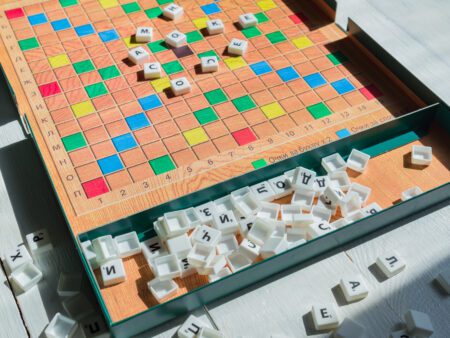Dive into our Ultimate Poker Strategy Guide to learn when to fold or call. Elevate your poker gameplay and maximize your winning chances by mastering effective betting strategies.
Should You Fold or Call? Ultimate Poker Strategy Guide
I still remember that one fateful night. The dizzying lights of the casino, the gentle rustle of cards shuffling, and me, a newbie in the world of poker, caught in a whirl of decisions that could break or make my game. I was dealt a hand that’s what you could mildly term as ‘shabby’. The looming question was — to fold or to call? That’s the hurdle all poker players, green or seasoned, have to jump time and again.
Did you know that the optimal frequency for folding in poker should be around 57%? Surprised? Well, stick around as we plung into the world of Poker Strategies and determine when you should fold, and when to go all in.
Welcome to the Ultimate Poker Strategy Guide
Poker, a game synonymous not just with luck but wit and strategy, pitches you in a sea of uncertainty. The cards you’re dealt are only half the battle; the rest is how you play them. In this universe of bluffs and tells, knowing when to fold and when to call can send you on a victorious streak or leave you empty-handed.
“When facing a tough decision under pressure,” a wise poker veteran once said, “take the route that feels less like a gamble.” This might seem counter-intuitive considering Poker’s reputation as a betting game. However, every successful poker player knows responsible gambling isn’t about pushing your luck—but rather about honing your skills and focusing on the strategy.
Should You Fold, or Should You Call? Understand the Basics
So, back to the question we started with – to fold or to call? While this often depends on individual game scenarios, mastering the underlying principles can drastically improve your decision-making process.
Folding, in essence, means surrendering your chance of winning the current pot. However, it also saves you from potentially more significant losses. Remember that poker is a marathon, not just a sprint. It’s about the games you save more than the hands you win. Don’t get too attached to your hands – know when to let go, especially when the odds are stacked against you.
On the other side, the decision to call necessitates a calculated risk assessment. You’re wagering that your hand will pan out better by the showdown round. It also hints to your opponents that you’re confident, displaying your determination to stick around.
“But how do I assess when to take one route over the other?” I hear you ask. There’s no straightforward answer, but don’t panic. The key lies in understanding your hand’s potential against what’s unfolding in the game.
Formulating Your Poker Strategy
Understanding your hand’s potential requires a comprehensive knowledge of poker hands rankings and a careful eye on your opponents’ reactions. Even a weak hand can be a winner in the right circumstances. To make a calculated decision, you’ll need to stay focused and pick up on tells while analyzing the odds.
Looking for a rule of thumb? If you find your poker hand’s potential waning with increasing bets, it might be time to fold. Conversely, if you see a possibility of not just surviving but thriving in a showdown, it might be worth the call. It’s important to remember that when it comes to poker, not all hands are meant to be played. Part of the strategy is knowing when to back out.
There you have it, a brief but effective guide to deciding between folding and calling. Will following this advice always land you with a winning hand? No strategy can promise you that. But can it help you play smarter and heighten your chances of winning? Absolutely.
Remember, it’s more than a game of chance; it’s a game of calculated risks, and the first step is mastering when to fold or call. So, will you holster your chips or play the hand you’re given? The game is in your court.










